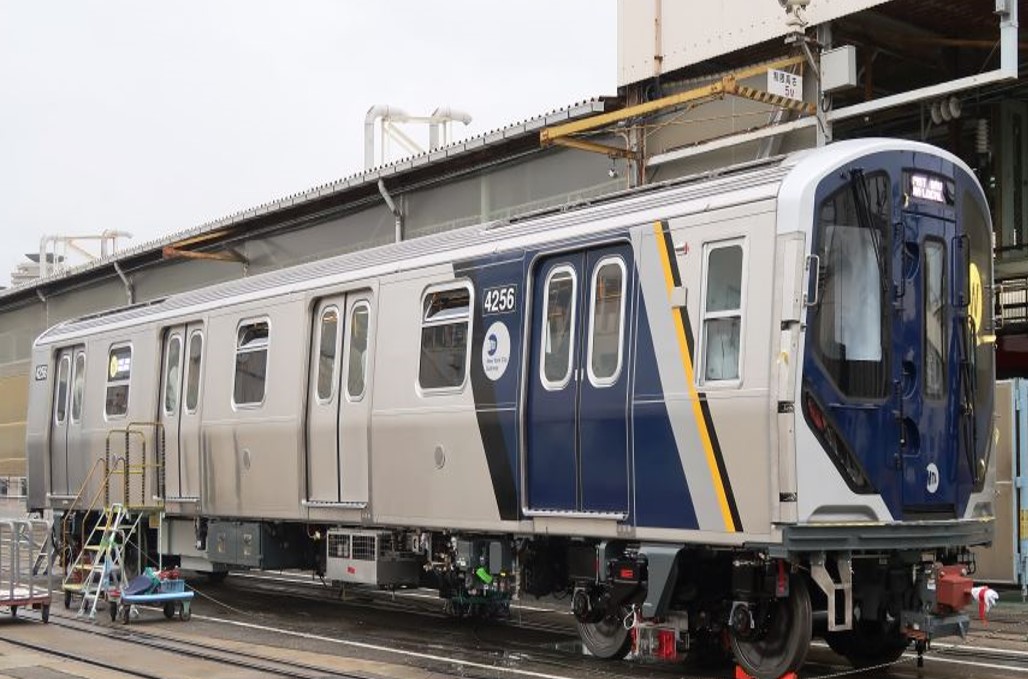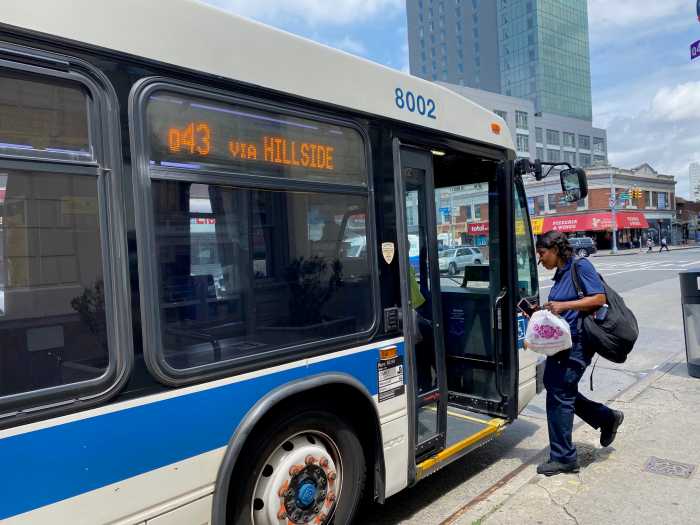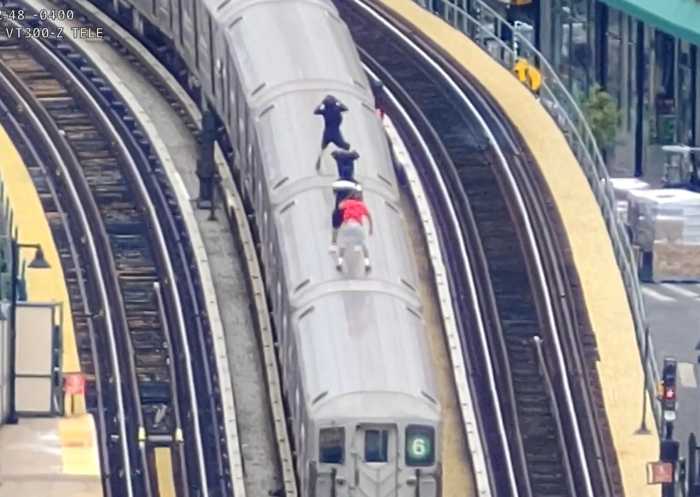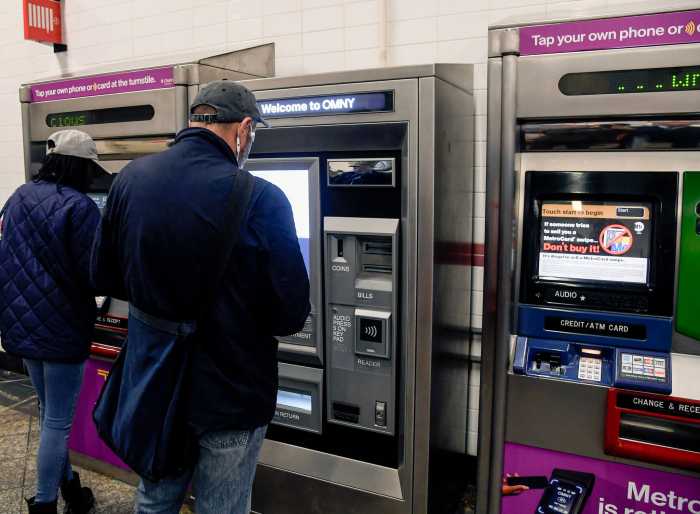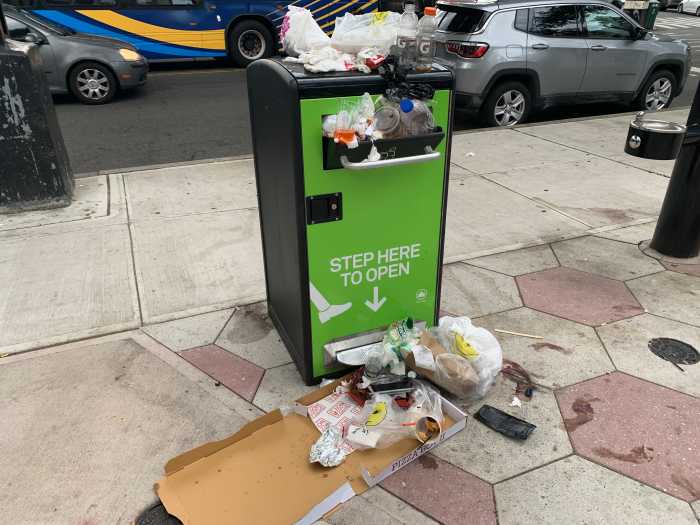The MTA is preparing to introduce a whole new breed of subway trains the agency says will alleviate some crowding for New Yorkers.
After awarding a $1.4 billion contract to Kawasaki Rail Car Inc., New York City Transit announced that 535 of the R211 cars will be brought into service in 202o and 2021.
Next year, commuters will get wider doors and open-gangways on trains, which the MTA says will give people more room to get on and off the car as well as more room to stand. The open-gangways will be in service in 2021, according to the MTA.
“We are very excited about these latest developments in our R211 car production because these new cars represent the future of the New York subway and will be the new standard for all new NYC Transit subway cars going forward,” Frank Jezycki, NYC Transit’s Executive Vice President, said. “We are in constant communications with Kawasaki throughout the production process, which is on schedule and on budget so that our customers will be able to benefit very soon from the latest car technology available.”
Open gangways means there will no longer be doors separating cars, which will be connected more like articulated buses with accordion-like doorways.
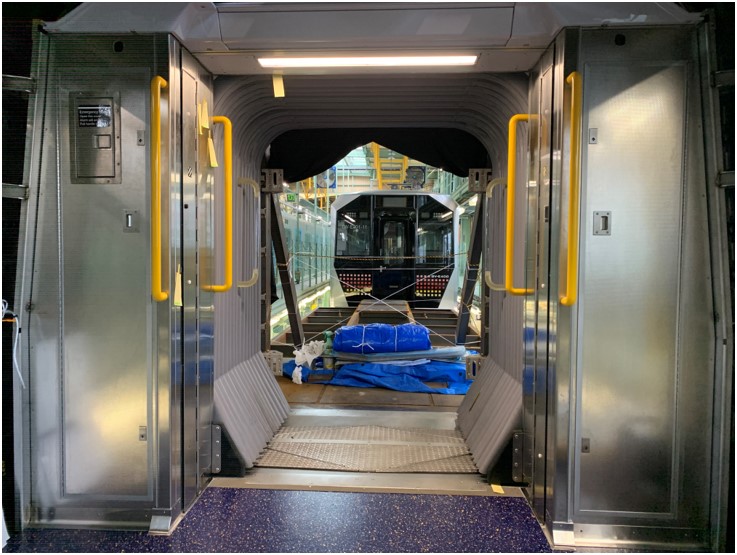
The R211s will boast digital displays to provide real-time, location-specific information to riders as well as double-poles and improved lighting on board the train.
The Tuesday announcement follows discussion at the MTA board meeting earlier in the day in which New York City Transit President Andy Byford discussed putting the fleet of R179s back into service after all 298 cars were pulled for door malfunctions.
These were some of the newest trains purchased by the agency in a contract struck in 2012 with Bombardier, a Canadian company, for $599 million. The rolling-stock was a late delivery from the company, according to the MTA, and came with defects.
First there was a welding defect. Then, two weeks ago, Bombardier told the MTA inspections would be needed for all the cars after door indicators had shown them to be ajar on multiple occasions.



